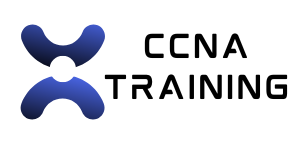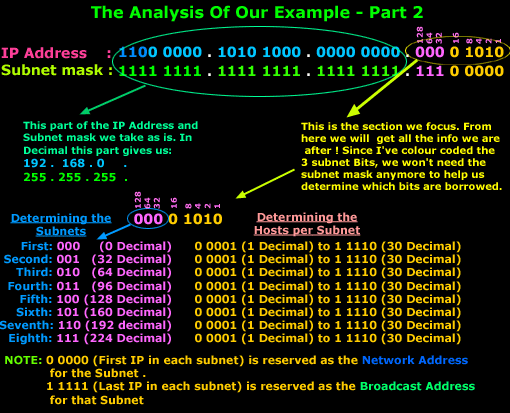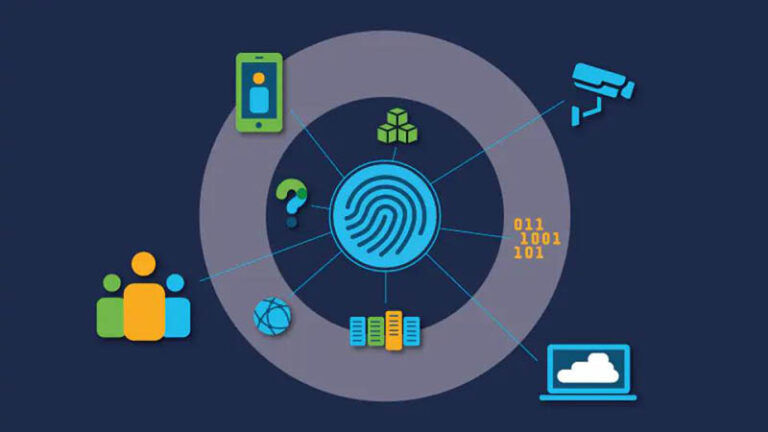The Cisco Certified Network Associate (CCNA) is often the first milestone for network professionals embarking on their career journey. It’s an invaluable certification that lays a strong foundation in networking principles and is widely recognized across the IT industry. But once you’ve earned your CCNA, what’s next? Cisco offers a variety of advanced certifications that cater to different specializations and career paths. In this blog post, we’ll explore some of the top Cisco certifications beyond CCNA and help you decide which path to take next.
1. Cisco Certified Network Professional (CCNP)
The Cisco Certified Network Professional (CCNP) is the next logical step after CCNA. It validates your ability to implement and troubleshoot advanced networking solutions.
A. CCNP Enterprise
The CCNP Enterprise certification is ideal for professionals looking to deepen their knowledge in routing and switching, network design, and advanced network topics such as automation and programmability. It covers a broad range of networking topics and is perfect for those aiming to become network engineers or network administrators.
Key Exams:
Core Exam (350-401 ENCOR): This exam tests your knowledge of core enterprise network technologies.
Concentration Exams: Choose from a variety of exams such as enterprise routing, enterprise wireless, or enterprise automation.
B. CCNP Security
For those interested in securing networks and looking to become security specialists, the CCNP Security certification is the way to go. This path focuses on securing networks from various threats and vulnerabilities.
Key Exams:
Core Exam (350-701 SCOR): This exam focuses on core security technologies.
Concentration Exams: Options include threat defense, firepower, and security automation, among others.
C. CCNP Collaboration
The CCNP Collaboration certification is designed for professionals focusing on voice, video, and collaboration technologies. This is ideal for those pursuing roles as collaboration engineers or voice system administrators.
Key Exams:
Core Exam (350-801 CLCOR): This covers core collaboration technologies.
Concentration Exams: Topics include collaboration applications, implementations, and design.
D. CCNP Data Center
The CCNP Data Center certification focuses on data center solutions, including storage networking, automation, and cloud integration.
Key Exams:
Core Exam (DCCOR 350-601) and a concentration exam (e.g., DCACI for ACI implementation).
Ideal for: Data center engineers and architects.
2. Cisco Certified Internetwork Expert (CCIE)
The CCIE certification is one of the most prestigious credentials in the networking industry. It validates expert-level knowledge and skills in networking technologies.
A. CCIE Enterprise Infrastructure & CCIE Enterprise Wireless
For those with extensive experience in enterprise infrastructure, the CCIE Enterprise Infrastructure and CCIE Enterprise Wireless certifications are perfect next steps. You’ll master advanced enterprise network solutions and wireless technologies, respectively.
B. CCIE Security
The CCIE Security certification validates your skills in securing complex networks and handling sophisticated security threats. Ideal for senior security engineers and architects, this certification is a testament to your highest level of proficiency in network security.
3. Cisco Certified Design Professional (CCDP) and Architect (CCAr)
If you’re inclined towards network design, the CCDP and CCAr certifications are excellent choices. These certifications focus on designing complex and scalable networks that meet specific business requirements.
A. CCDP
The CCDP certification is designed for professionals who create advanced addressing and routing designs. It’s aimed at network design engineers, system engineers, and technical architects.
B. CCAr
The Cisco Certified Architect (CCAr) is the highest level of accreditation achievable within Cisco’s certification program. It validates the abilities of senior network infrastructure architects who can design highly complex global network systems.
4. Cisco Certified CyberOps Professional
With the growing importance of cybersecurity, Cisco offers the CyberOps Professional certification, which focuses on security operations.
Key Details:
Covers advanced threat analysis, security monitoring, and incident response.
Key exams: Core exam (CBRCOR 350-201) and a concentration exam (e.g., CBRFIR for forensic analysis and incident response).
Ideal for: Security analysts and SOC (Security Operations Center) professionals.
5. Cisco Certified DevNet Professional
Networking is increasingly becoming software-driven, and Cisco’s DevNet Professional certification focuses on network automation and programmability.
Why Choose DevNet Professional?
Covers automation, APIs, and software development for Cisco platforms.
Key exams: Core exam (DEVASC 350-901) and a concentration exam (e.g., ENAUTO for enterprise automation).
Ideal for: Network engineers interested in learning automation and software development, as well as software developers working in the networking domain.
6. Cisco Certified Specialist
If you’re interested in honing your skills in a specific area without committing to a full CCNP track, Cisco Certified Specialist certifications are a great option. These certifications focus on specific technologies and solutions.
Examples:
Enterprise Advanced Infrastructure Specialist
Security Core Specialist
Data Center Automation and Programmability Specialist
Choosing Your Path
Selecting the right path after your CCNA depends on your career goals, interests, and current role. Here’s a quick guide to help you decide:
Interested in advanced network infrastructure? Consider CCNP Enterprise or CCIE Enterprise.
Want to specialize in security? Go for CCNP Security or CCIE Security.
Focusing on voice and video technologies? Look into CCNP Collaboration.
Passionate about network design? Explore CCDP and CCAr.
Interested in automation and software development? DevNet Professional is a great choice.
It’s also worth noting the importance of continual learning and staying current with industry trends. Cisco certifications are periodically updated to reflect new technologies, ensuring that the certification holders remain relevant in a rapidly evolving tech landscape.
Conclusion
Transitioning from a CCNA to an advanced Cisco certification can significantly elevate your career prospects and technical expertise. Whether you choose to specialize in enterprise infrastructure, security, collaboration, or network design, there’s a Cisco certification that can help you achieve your professional goals. Assess your interests, career objectives, and current skill set to pick the path that’s right for you. The journey beyond CCNA is challenging but highly rewarding, promising a wealth of opportunities in the networking domain.















